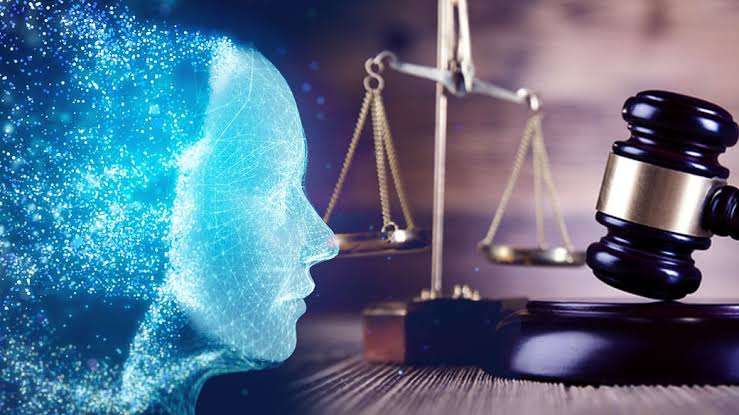United States District Judge Beryl Howell recently supported the U.S. Copyright Office’s position that works of art produced exclusively by artificial intelligence (AI) are not entitled to copyright protection.
This decision was made amidst growing concerns that generative AI would displace human artists and authors.Since the start of the Hollywood writers’ strike more than 100 days ago, worries about the potential AI takeover of scriptwriting have grown.However, laws governing intellectual property have continuously maintained that only works produced by people are granted copyrights.
Howell’s decision was a response to Stephen Thaler’s lawsuit challenging the government’s refusal to register inventions made using AI.Thaler, the CEO of the neural network business Imagination Engines, argued that AI that satisfies the requirements for authorship should be acknowledged as such.As a result, the owner of the AI system should be the rightful owner of the work.Howell disagreed and emphasized the significance of people as authors in terms of copyright laws.She cited earlier rulings in favor of protecting ideas created by people, such as Burrow-Giles Lithographic Company v. Sarony.Another instance demonstrated the impossibility of copyrighting even an animal-taken image.
Howell talked about how copyright inspires people to engage in creative activities.She pointed out that patents and copyrights were intended to be protected property that supported the arts and sciences by promoting invention and creativity.This decision is made while continuing legal debates over AI companies exploiting protected information for training continue.Artists have filed numerous lawsuits in California alleging copyright violations, which may force AI businesses to deconstruct their language models.
The debate about AI and copyright is altered by this decision.It highlights the importance of human creativity in intellectual property, even though AI-produced art might not be protected by copyright.


